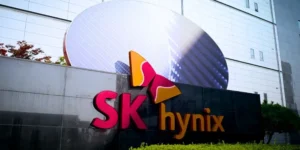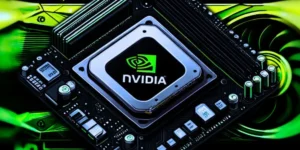Smart speakers powered by AI assistants like Amazon Alexa, Google Assistant, and Apple Siri have transformed how people interact with technology. They provide hands-free convenience, smart home integration, and entertainment features, making them a staple in many households. However, some argue that they are a passing trend, while others see them as the future of voice-controlled computing. So, are smart speakers just a fad or a true technological revolution?
Convenience and Hands-Free Control
One of the most significant advantages of smart speakers is their hands-free functionality. Users can set reminders, check the weather, play music, and control smart home devices using their voice. This level of convenience has reshaped home automation, allowing people to control lights, thermostats, and security systems without lifting a finger. Such integration suggests that smart speakers are more than just a trend—they are part of an evolving smart home ecosystem.
The Evolution of AI Assistants
Smart speakers rely on AI-driven voice assistants that become smarter and more responsive over time. With continuous updates, they can now answer complex questions, recognize different voices, and provide personalized experiences. The development of better natural language processing (NLP) and machine learning ensures that these devices are not static gadgets but evolving tools that will become even more useful in daily life.
Privacy Concerns and Consumer Hesitation
Smart speakers have faced privacy concerns despite their convenience, with users wary of constant listening and data collection. Reports of recorded conversations being analyzed by companies have led to skepticism about their security. This raises the question of whether privacy-conscious consumers will continue adopting smart speakers or if concerns will limit their long-term success.
Integration with Future Technology
Smart speakers are no longer just standalone devices; they are becoming a core part of a connected digital lifestyle. With the expansion of IoT (Internet of Things), these devices will integrate seamlessly with cars, appliances, and work environments. The ability to control an entire ecosystem through voice commands shows that smart speakers are not just a novelty but a foundational shift in human-device interaction.
Conclusion
Smart speakers may have started as a trendy gadget, but their continued evolution, integration, and AI-driven capabilities indicate they are part of a technological revolution. While privacy concerns remain challenging, their potential in smart homes, automation, and digital assistance ensures they are here to stay. Far from being a fad, smart speakers are shaping the future of voice-controlled computing.










